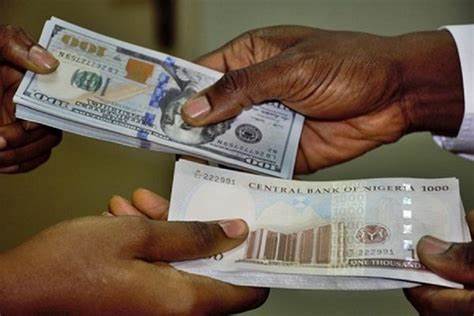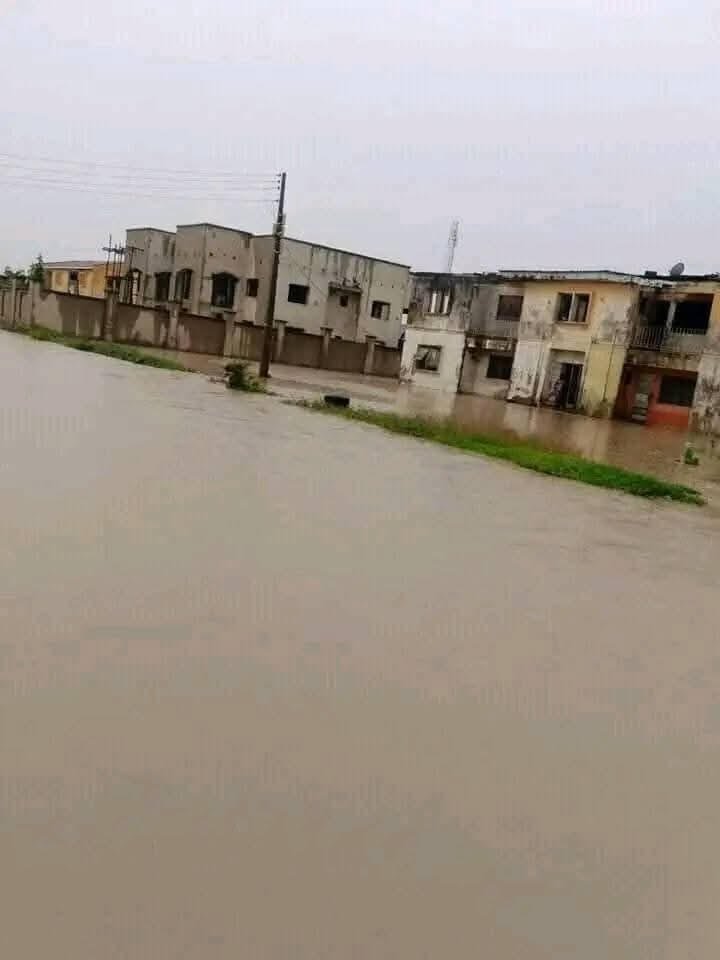Nigeria’s currency, the naira, hit a record low at both the official and unofficial markets on Tuesday, plunging to 1,869.17 naira per dollar.
This drop has raised concerns about the country’s economy and the impact it will have on businesses and ordinary citizens.
The black market rate, which is often more favourable for those dealing in dollars, has also been affected. Bureau De Change (BDC) Operators, also known as Aboki’s rate, are key players in this market. They take advantage of the discrepancies in exchange rates to make profits.
Information gathered by the African Health Report (AHR) from Zone 4, Wuse Abuja, a bustling hub for currency exchange, the Dollar was bought at ₦1,790.00 and sold at ₦₦1,869.17 as of February 20th. While the Central Bank of Nigeria’s rates stand at ₦1, 492.73 for selling and ₦1, 493.73 for buying.
In Lagos, the black-market rate matches that of Abuja at ₦1,790.00, but slight variations may exist among different exchangers in the city.
This depreciation of the naira comes amidst the country’s ongoing struggle with dollar shortages, however, Nigeria’s central bank Governor, Olayemi Cardoso, has assured the public that foreign exchange liquidity is improving.
The latest fall on the currency comes barely five days after data showed that the country’s inflation rate had accelerated further in January, reaching almost 30% in annual terms, driven by skyrocketing food costs.
Businesses and individuals will need to closely monitor the situation as the devaluation of the naira could have far-reaching effects on the Nigerian economy and people’s purchasing power.



